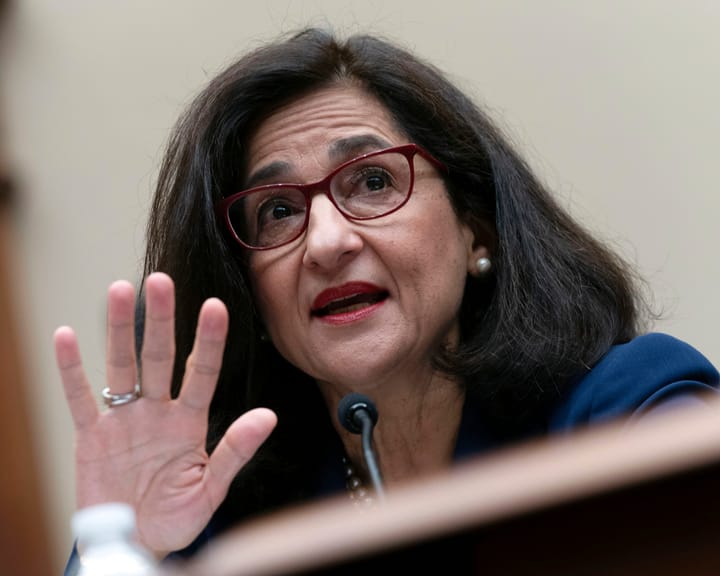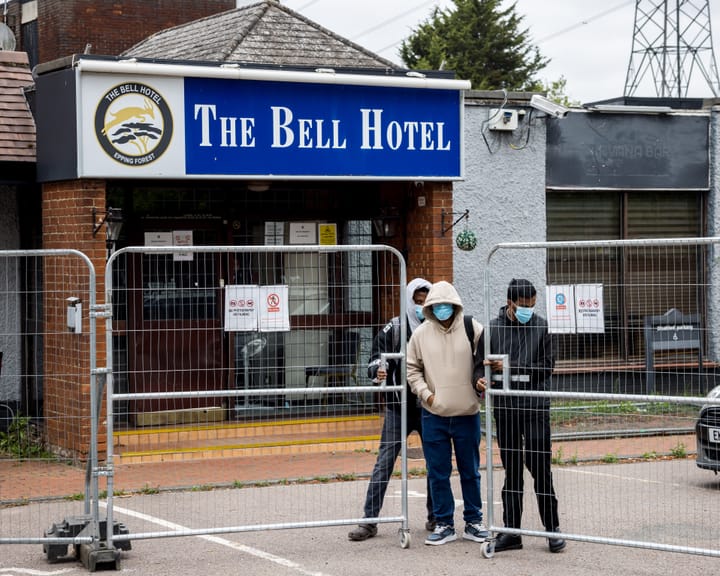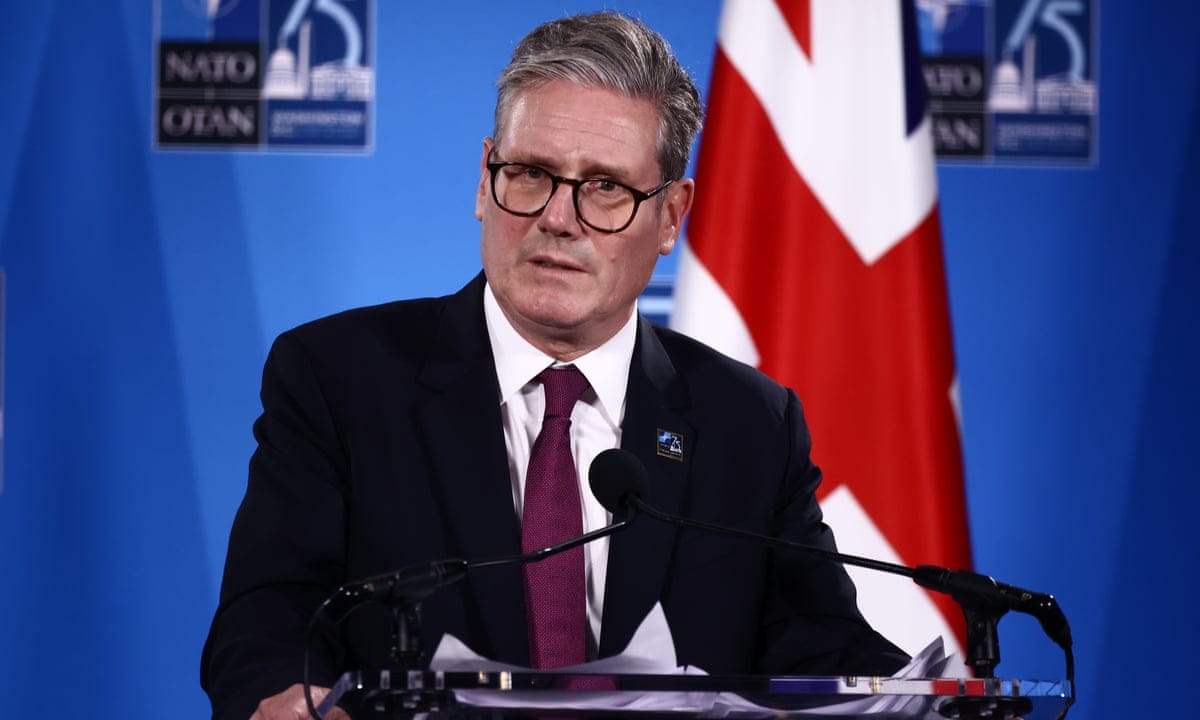Keir Starmer had an opportunity this week at the historic Blenheim Palace to introduce himself to nearly 50 European leaders, but it came close to falling through due to diplomatic hurdles. Unlike his predecessor Liz Truss who was in favor of joining the still-developing European Political Community (EPC), Prime Minister Rishi Sunak did not share the same enthusiasm. In election year and considering alternatives, he had sent his foreign secretary David Cameron to Paris with hopes that complications could lead to either rescheduling or finding another location for this event.
Emmanuel Macron, French President who initiated the forum following Russia's invasion of Ukraine, hinted at potential consequences on Anglo-French relations if Sunak decided against attending. However, there were valid concerns about whether yet another summit was necessary amidst busy schedules and doubts over its necessity, given no secretariat or definitive conclusions from the previous meetings.
The fourth meeting of the forum served as a test for this concept, with mixed reviews on past summits in Moldova and Spain due to disagreements about topics such as migration. The UK now finds itself responsible for saving the EPC concept during its current summit at Blenheim Palace. It's not simply a short-lived event but an opportunity to demonstrate the forum's potential contributions towards Europe's sovereignty.
Amidst recent challenges and global concerns, Starmer must address issues of irregular migration, disinformation, and energy security—the main problems weakening Europe as a whole, not just within the EU. The Centre for European Policy Studies suggests that pre-summit workshops held by the Foreign Office may help shape discussion topics during the event. However, it remains unclear whether these sessions will result in tangible solutions from such a large group of participants.
One unresolved matter is defining EPC's ideological stance as supporting democracy against Russian authoritarianism. The situation becomes even more complicated with Hungarian Prime Minister Viktor Orbán's intention to host the next summit and potentially inviting former US President Donald Trump, which goes against certain perceptions of European values.
Amidst these issues, Blenheim Palace provides a fitting backdrop for Starmer to articulate his vision of Europe that draws upon Winston Churchill's legacy. By emphasizing the importance of human rights and Britain's association with the Commonwealth, English-speaking world, and a united Europe—three circles in need of restoration—the prime minister can potentially steer the conversation towards these crucial topics.
Read next

"Starmer appoints ex-Bank deputy governor as top economic advisor"
Minouche Shafik to Become Keir Starmer’s Chief Economic Adviser
Former Bank of England deputy governor Minouche Shafik is expected to join Keir Starmer’s team as his chief economic adviser.
Her appointment comes as the prime minister’s office prepares for the autumn budget, following Shafik’s recent leadership

"Home Office wins appeal allowing asylum seekers to stay at Epping hotel"
The appeals court has determined that the injunction issued by the high court should not have been approved.
Those involved acknowledge they have become part of a broader discussion about how asylum seekers are managed and urge the public to recognize that the Bell hotel was only fulfilling a government-mandated

"Scottish Greens' new leaders push for universal income and free bus fares"
Scottish Greens' new leaders, Ross Greer and Gillian Mackay, have pledged to advocate for a universal income, free bus travel, and increased taxes on high earners following a subdued leadership race.
Greer and Mackay, previously backbench MSPs at Holyrood, were elected co-conveners of the Scottish Greens with a notably

